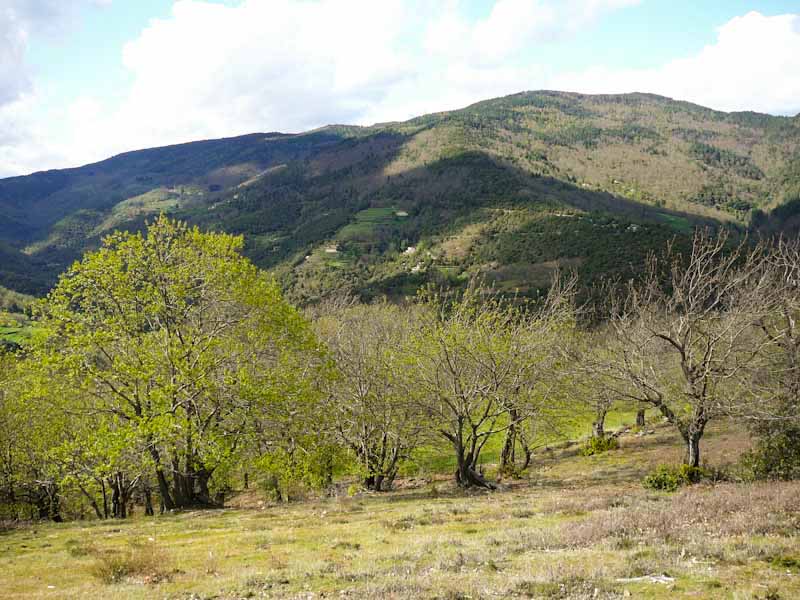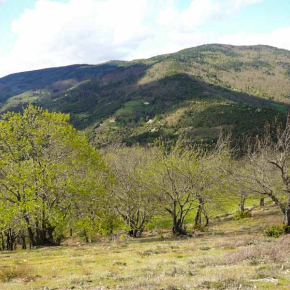
Nature’s contributions to people found to be in decline
Over the past 50 years, declining biodiversity has put many of nature’s contributions to people at risk. This is the conclusion reached by fifteen leading international experts, including a French ethnoecologist1 at the CNRS (French National Centre for Scientific Research). Based on the IPBES (Intergovernmental Science-Policy Platform on Biodiversity and Ecosystem Services) Global Assessment, their work is the subject of an article, published this week in the journal PNAS, which discusses the risks to human well-being and prosperity resulting from the continuing degradation of the environment.
The authors looked at the many ways in which nature provides benefits, such as the production of material goods (food, wood, medicines, etc) and non-material goods (leisure activities, learning, experience, etc), as well as the ecological processes that regulate environmental conditions (water filtration, carbon sequestration, storm protection, etc). They point out that the well-being of people is already being affected, in particular by declining crop yields and soil productivity, as well as by increased exposure to floods and storms caused by degradation of coastal ecosystems.

© Yildiz Aumeeruddy-Thomas
- 1(1) Currently working at the Centre d’Ecologie Fonctionnelle et Évolutive (CNRS/Université de Montpellier/EPHE/IRD/Université Paul Valéry Montpellier).
Global trends in nature’s contributions to people, Kate A Brauman, Lucas A Garibaldi, Stephen Polasky, Yildiz Aumeeruddy-Thomas, Pedro H. S. Brancalion, Fabrice DeClerck, Ute Jacob, Matias Enrique Mastrangelo, Nsalambi V. Nkongolo, Hannes Palang, Néstor Pérez-Méndez, Lynne J Shannon, Uttam Babu Shrestha, Evelyn Strombom, Madhu Verma, PNAS, Week of December 7th, 2020


